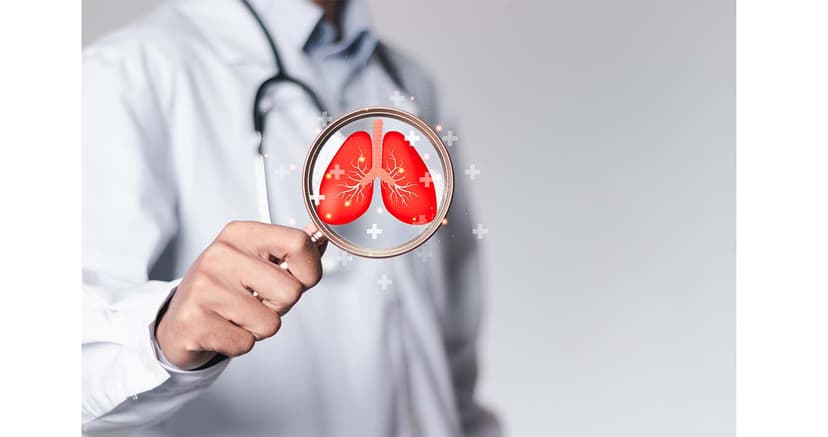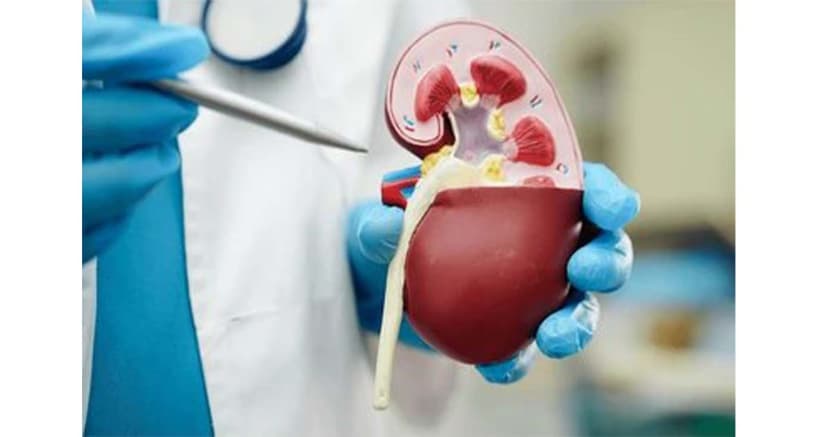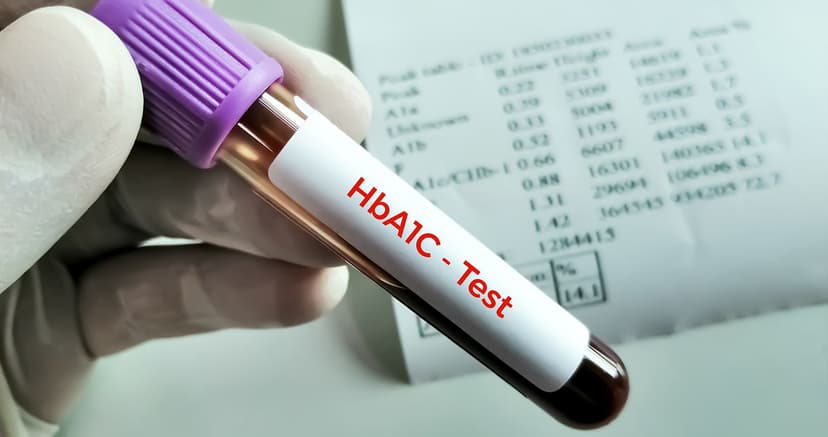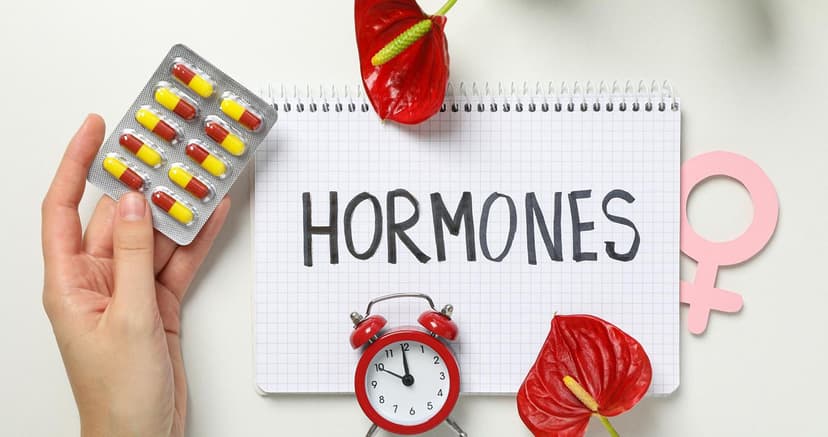Breaking Myths About Organ Donation: Facts to Save Lives
By:

Apex Hospitals
11-11-2024

As of August 2023, over 300,000 patients in India are on the waiting list for organ transplants, highlighting a significant gap between the demand for organs and their availability. With more than three lakh patients waiting and at least 20 lives lost daily due to the lack of a suitable organ, the shortage of donations—particularly deceased organ donations—continues to take a devastating toll.
In a country where life-saving organ transplants are in dire demand, deeply rooted myths and misconceptions about organ donation often hinder progress. These false beliefs discourage many from registering as donors, creating an unnecessary barrier to saving lives.
Addressing these myths is crucial for individuals contemplating organ donation and building a society that supports and normalizes this selfless act. Dispelling misinformation and encouraging informed discussions are essential steps in overcoming the stigma and reluctance surrounding organ donation, ultimately fostering a culture of generosity and hope.
Myth 1: I'm Too Old or Unhealthy to Donate
Fact: There is no fixed age limit for organ donation; the decision depends on the health and functionality of your organs, not your age. Even individuals with chronic illnesses or advanced age may be eligible to donate specific organs or tissues. Many successful transplants have come from donors over 50, some even in their 80s.
At the time of donation, medical professionals carefully evaluate each organ's condition to determine its suitability for transplantation. While certain medical conditions might prevent the donation of specific organs, other organs and tissues may still be viable.
It’s essential not to self-disqualify from becoming an organ donor based on age or health concerns. Leave the assessment to the healthcare team, who will decide based on the state of your organs and tissues when the time comes.
Myth 2: Doctors Won’t Try to Save Me if I’m a Registered Donor
Fact: The primary goal of medical professionals is to save lives. Your donor status is not checked until every effort has been made to save you. Organ donation is only considered after brain death has been confirmed through strict medical criteria.
Myth 3: Only the deceased can donate the organs
Living donors play a vital role in saving lives and improving the success rates of organ transplants. In recent years, the awareness and popularity of living organ donation—especially for kidneys—have significantly increased as more people recognize its transformative impact.
One significant advantage of living donation is the longevity of the transplanted organ. According to experts, a kidney from a deceased donor typically lasts 10 to 12 years, while a kidney from a living donor can function for 15 to 20 years or even longer.
Another benefit is the ability to plan the procedure. Since living-donor transplants can be scheduled, the recipient can prepare both physically and emotionally, with family support readily available during recovery. This convenience and predictability often lead to better outcomes and a smoother recovery process for the patient.
Myth 4: Living Donors Face Lifelong Health Issues
Fact: Living donors are thoroughly screened to ensure they can donate safely. Many donors lead healthy lives daily after donating an organ, such as a kidney or part of their liver.
Myth 5: I Can’t Donate Because of My Lifestyle Choices
Fact: Even individuals with a history of smoking, drinking, or other lifestyle factors may still be eligible donors. Medical evaluations determine the usability of organs and tissues on a case-by-case basis.
Why Organ Donation Matters
Every year, millions of people worldwide are added to the organ transplant waiting list. In India alone, an estimated 500,000 people need organ transplants annually, but the donation rate remains dismally low. A single donor can save up to eight lives through organ donation and improve the quality of life for many more through tissue donation.
How You Can Help3
1. Register as a Donor: Sign up with your local organ donation registry or through government-authorized organizations.
2. Talk to Your Family: Inform your loved ones about your decision to donate so they can honour your wishes if the time comes.
3. Educate Others: Share facts to dispel myths and encourage others to consider organ donation.
4. Spread Awareness: Participate in campaigns or events to promote the importance of organ donation.
The Gift of Life
Organ donation is a legacy of hope, compassion, and humanity. By breaking myths and embracing facts, we can create a culture of awareness and generosity. Let’s work together to save lives and make a lasting impact.
Are you ready to become a lifesaver? Register as an organ donor today.
FAQS
Related Articles
Connect With Us
Health In A Snap, Just One App.
KNOW MORE



































































































